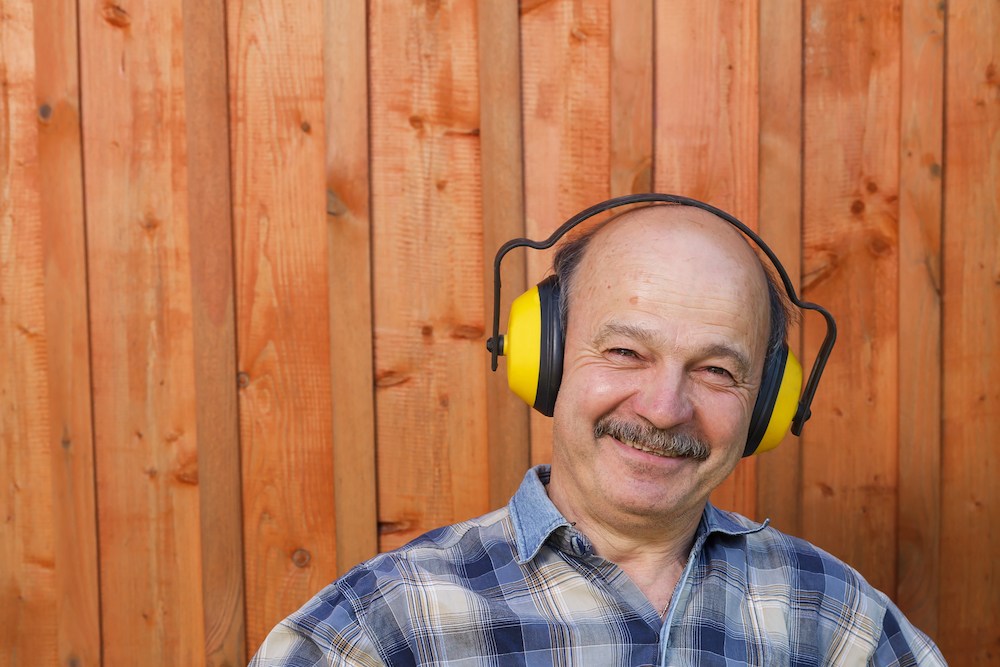The Role of Nutrition in Supporting Hearing Health
What you eat affects every system in your body – including your ears.


What you eat affects every system in your body – including your ears.

Our hearing shapes almost everything we do – from talking with

Our world is getting noisier every day – from busy city streets and